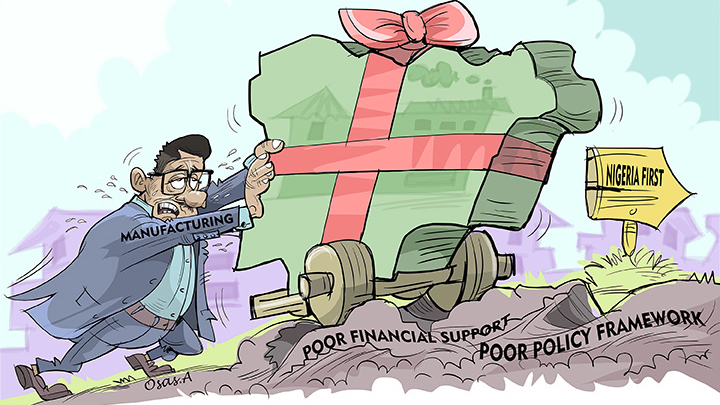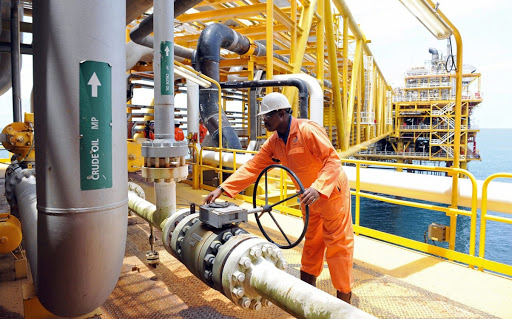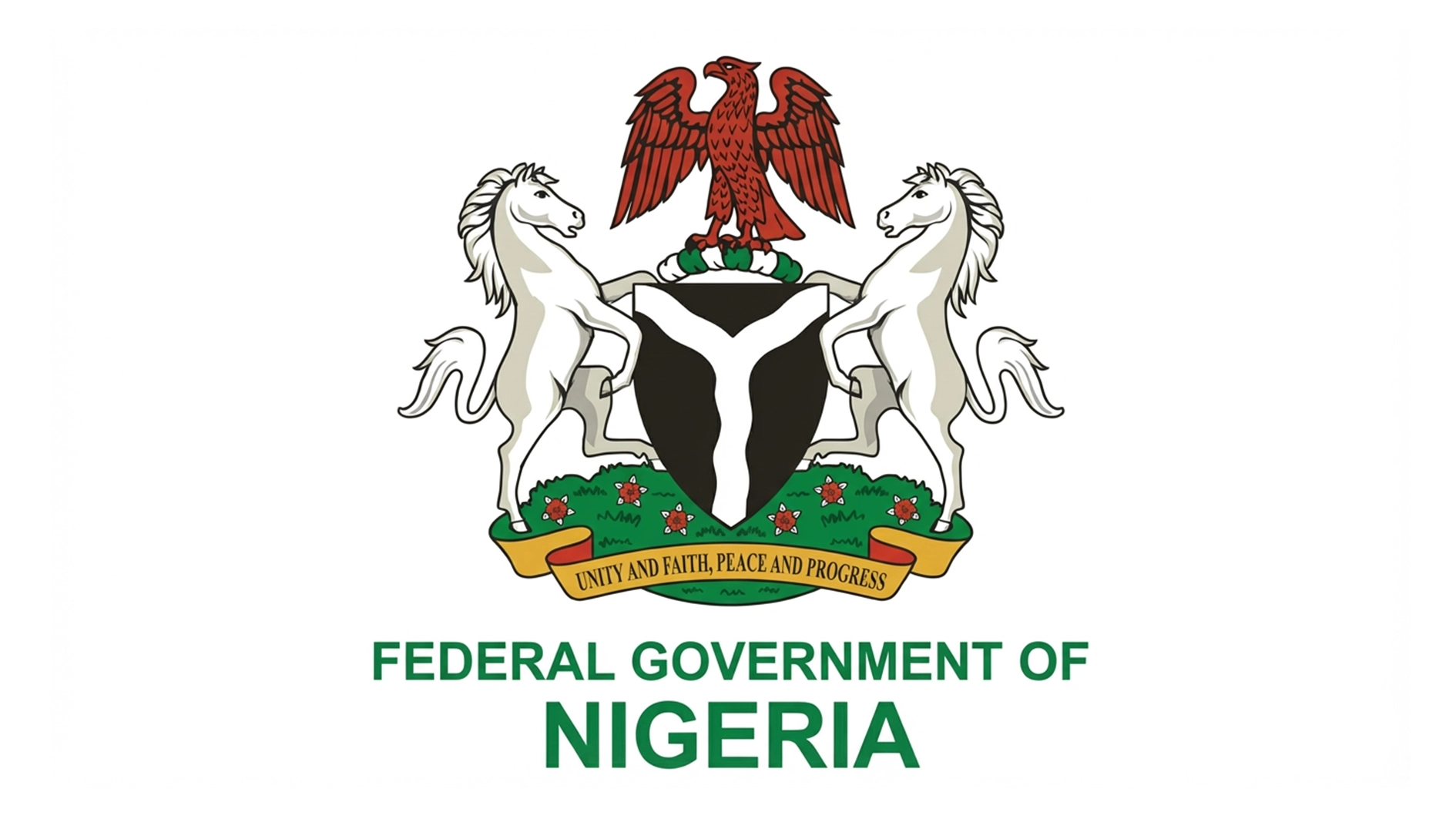 • Stockbrokers lament sustained capital flight, blame FX crisis, insecurity
• Stockbrokers lament sustained capital flight, blame FX crisis, insecurity
• Insist market must determine rate
Market uncertainty, political risk and foreign exchange (FX) illiquidity and other headwinds have triggered an unprecedented drop in foreign appetite for the Nigerian capital market as total foreign transactions executed on the equities market declined by about 75 per cent in the last eight years.
An analysis of the Domestic and Foreign Portfolio Investment Report of the Nigerian Exchange Limited (NGX) indicates that total foreign transactions which rose to N99.11 billion in January 2015, plummeted to N24.9 billion as at January 2023.
Similarly, total foreign inflow, which stood at 48 per cent of the total market activities in 2015 fell to nine per cent as at January 2023.
However, total domestic transactions soared within the same period, increasing from N90 billion in 2015 to N170 billion in 2023.
Further breakdown of the data indicates that total foreign transactions plummeted by 50 per cent one year after President Buhari’s inauguration, from N80 billion recorded as at May 2015 to N40 billion in the corresponding month in 2016.
Also, foreign inflow into the country, which stood at 54 per cent in 2015, depreciated to 20 per cent one year after the inauguration.
Disturbed by the sustained capital flight, operators have urged the Federal Government to institute a framework for a new foreign exchange market, allowing market mechanisms to determine the exchange rate to a predictable exchange rate.
According to them, there is a need for the incoming administration to create policies and programmes that would give rise to the establishment of a thriving venture capital market in Nigeria.
Vice President of Highcap Securities Limited, David Adonri, said if government fails to change the nation’s investment climate with its monetary and fiscal policies as well as improve economic conditions, investments flow to the country might eventually dry up.
He pointed out that fears around Nigeria’s worsening insecurity, political risk and forex issues have become visible in the manner at which foreign direct investment (FDI) declined in the past few years.
“Foreign investors’ confidence in the capital market has continued to deteriorate. In 2015, foreign investor’s participation in NGX was 54 per cent but it depreciated to 17 per cent in 2022.
“Forex scarcity and capital controls by the CBN has kept many foreign investments trapped in Nigeria. The outcome of the general election that brought in President Muhammadu Buhari to power in 2015 was unexpected and depressing for investors.
“It greatly eroded investors’ confidence in the capital market. And when added to his indolence at combating the economic challenges he inherited from the previous administration, the attendant deterioration of the economy caused the equities market investors to lose a huge amount of money.”
Chief executive officer of Wyoming Capital and Partners, Tajudeen Olayinka, said the current administration has consistently initiated public sector domineering policies, which have continued to be disincentive to investment.
According to him, now that a new government that is expected to be more appropriately focused on private sector dominance is about to be created, there is the need to initiate policies that would ensure a good mix of local and foreign investors’ participation and make the market more vibrant.
Olayinka pointed out that Nigeria is in dire need of foreign investment to enable the country to navigate through an adjustment programme that must necessarily come into place in the near future.
He added that the country needs a good mix of local and foreign investors’ participation to become more vibrant. “The economy is yet to embark on a full transition programme, even though, government is in transition,” he said.
Head of Equity, Planet Capital, Dr. Paul Uzum, urged the incoming administration to implement tough reforms that would address FX scarcity, curb rising inflation, boost gross domestic product (GDP) and tackle insecurity.
According to him, these issues, if well addressed, would impact positively on the economy and the capital market as well as spur a resurgence of foreign participation in the market.






